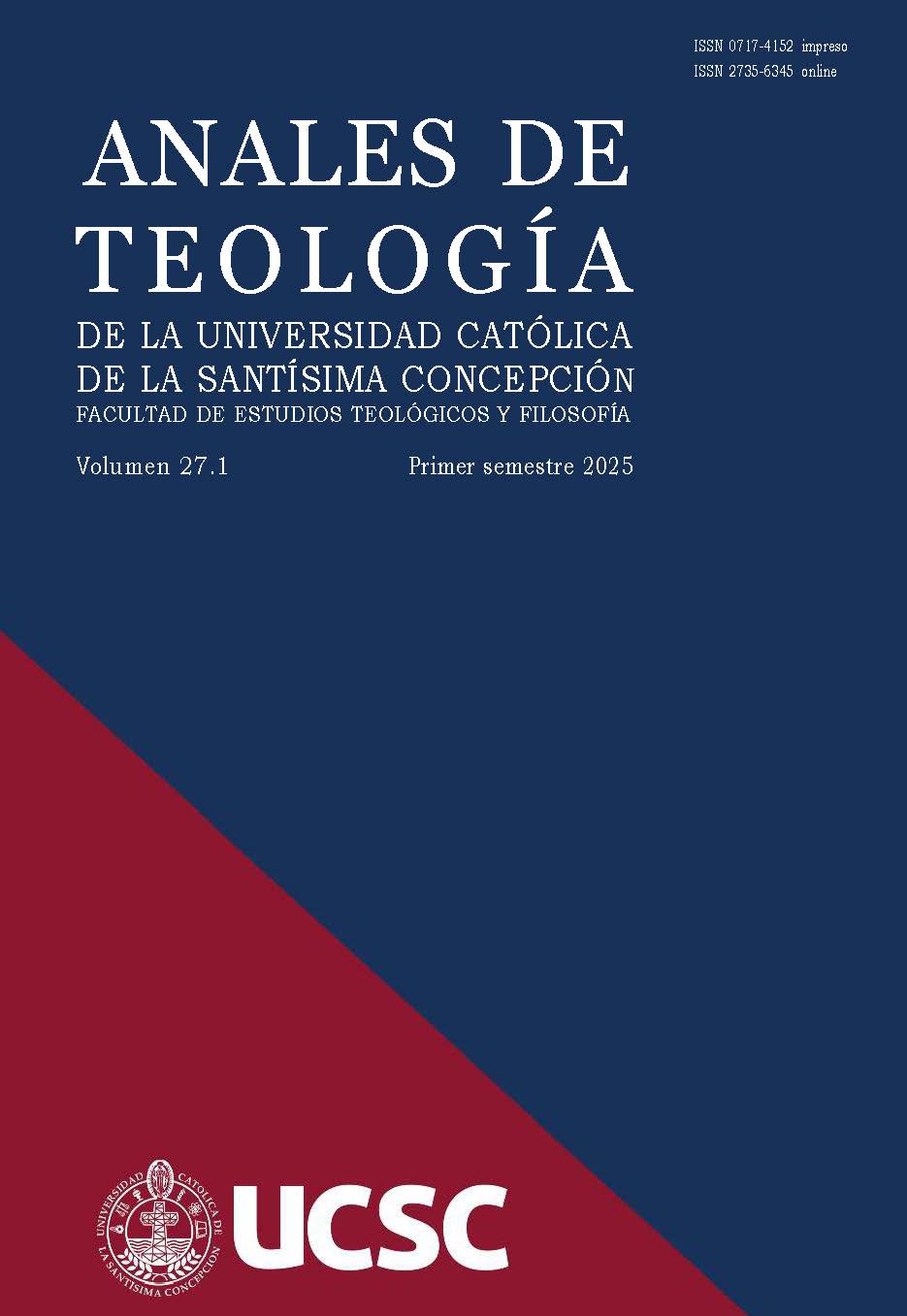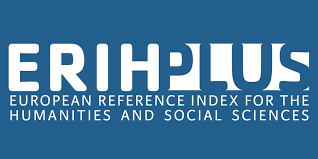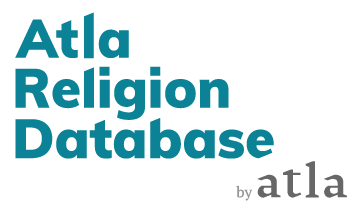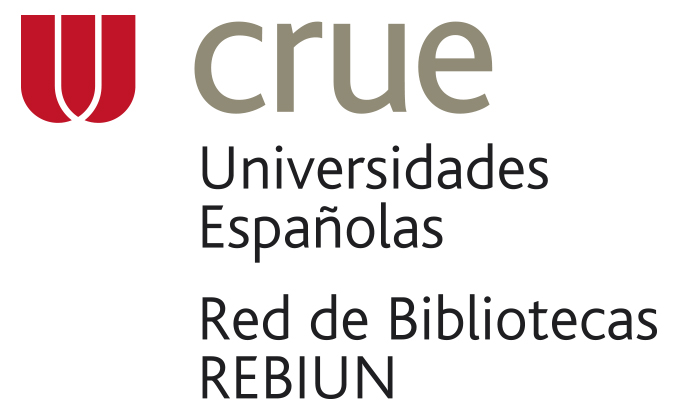Training in virtues: reflection on two current challenges
DOI:
https://doi.org/10.21703/2735-6345202527012768Keywords:
Doctrina social de la Iglesia, Educación, Virtudes, relativismoAbstract
The text reflects on the challenges of education in virtues in today's culture, highlighting the difficulty of educating in virtues in an environment that questions the existence of universal moral principles and the “disadvantage” of this educational model compared to the predominant utilitarianism. The importance of clarifying the concept of freedom and training in moral virtues, including the education of affectivity, is emphasized. It is highlighted that virtue implies the development of perfective intellectual and moral habits, and that the fundamental objective of moral formation is the true being of man. It is pointed out that education must be carried out from affective inclinations, prioritizing the stability of affections to build an education in virtues. It is emphasized that education must form emotional inclinations towards goodness and truth, and that it does not aim at professional or academic success, but at the realization of human possibilities in the natural and supernatural aspects.
Downloads
References
DE AQUINO, T., Comentario a las sentencias de Pedro Lombardo, EUNSA, Pamplona 2002.
DE AQUINO, T., Suma Teológica, en: www.corpusthomisticum.org.
CONCILIO VATICANO II, Constitución pastoral Gaudium et spes sobre la Iglesia en el mundo actual, San Pablo, Madrid 1997.
CONGREGACIÓN PARA LA DOCTRINA DE LA FE, Instrucción Libertatis conscientia sobre la libertad cristiana y la liberación, Librería Editrice Vaticana, Roma 1986, www.vatican.va.
FRANCISCO, Exhortación Apostólica Postsinodal Amoris laetitia sobre el amor en la familia, Librería Editrice Vaticana, Roma 2016.
JUAN PABLO II, Carta encíclica Centessimus annus, Librería Editrice Vaticana, Roma 1991.
JUAN PABLO II, Exhortación apostólica Familiaris Consortio sobre la misión
de la familia cristiana en el mundo actual, Librería Editrice Vaticana, Roma 1981.
JUAN PABLO II, Carta encíclica Evangelium Vitae sobre el valor y el carácter inviolable
de la vida humana, Librería Editrice Vaticana, Roma 1995.
MILLÁN PUELLES, A., La formación de la personalidad humana, Rialp, Madrid 21989.
LEÓN XIII, Carta encíclica Libertas praestantissimum sobre la libertad y el liberalismo, Librería Editrice Vaticana, Roma 1888.
LEWIS, C. S., La abolición del hombre, Vórtice, Buenos Aires 2014.
MACINTYRE, A., Tras la virtud, Crítica, Barcelona 2001.
PIEPER, J., El ocio y la vida intelectual, Rialp, Madrid 2017.
PIEPER, J., Las virtudes fundamentales, Rialp, Madrid 1997.
PÍO XI, Carta encíclica Divini Illius Magistri sobre la educación cristiana de la juventud, Librería Editrice Vaticana, Roma 1929.
POLO, L., Ayudar a crecer: Cuestiones de filosofía de la educación, EUNSA, Pamplona 2006.
RATZINGER, J., Homilia misa ‘Pro Eligendo Pontifice’, s/l 2005.
BISQUERRA, R. (Coord.), Educación emocional, Desclée De Brouwer, Bilbao 2011.
BISQUERRA, R. - PÉREZ, N., "Las competencias emocionales", Educación XXI 10.1 (2007) 61-82. DOI: https://doi.org/10.5944/educxx1.1.10.297
Downloads
Published
Issue
Section
License
Copyright (c) 2025 Jorge Mauricio González

This work is licensed under a Creative Commons Attribution-NonCommercial 4.0 International License.
The Anales de Teología is an open access journal and does not charge for publication. In addition, it regulates its Copyright and access policy according to the Creative Commons Attribution-NonCommercial 4.0 International Public License (CC BY-NC 4.0), therefore sharing (reproducing and distributing the material in any medium or format) and adaptation (modifying, transforming, and creating from the material) is allowed as long as proper credit is given and the citation is included with the corresponding data. Moreover, it is not allowed to use the material for commercial purposes.




















